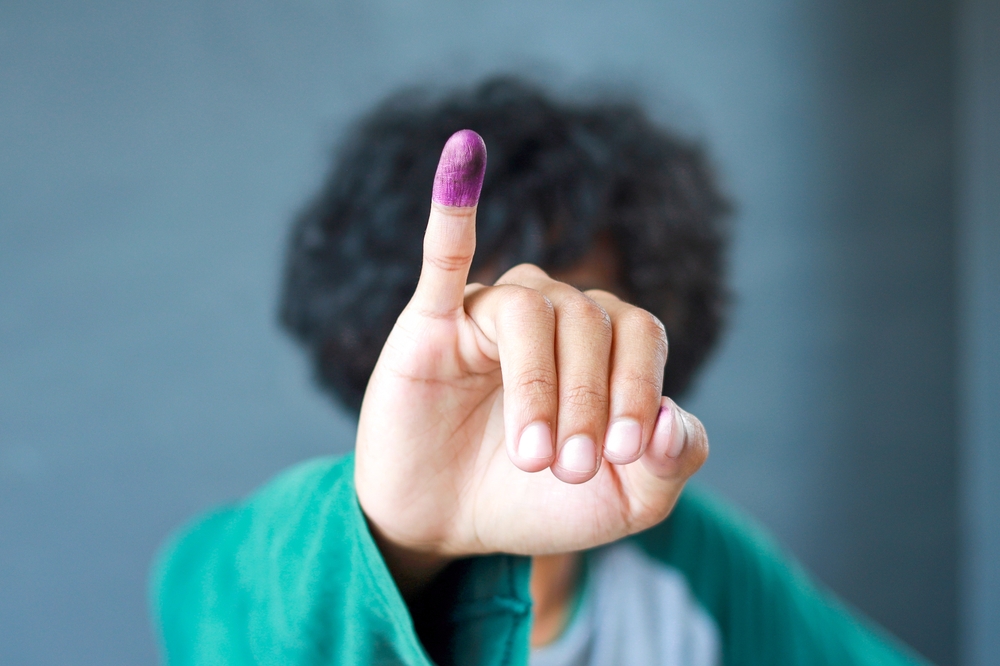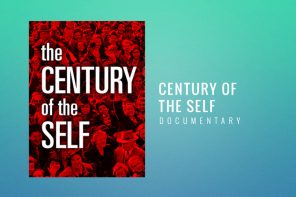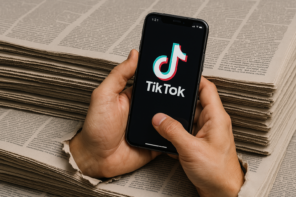
Monday February 19, 2024
PR’s Battle for Truth in 2024 Global Elections
Here’s a real chicken and egg question: which came first, the algorithm or the polarised public sentiment? Let me elaborate. Did social media algorithms facilitate the rise of misinformation and disinformation, or did propagandists already have a captive audience ready to be exploited?
With this year being dubbed “Democracy’s Super Bowl” by the Guardian, with 40 critical elections that will shape global politics in the 21st century, it imperative that the PR and Comms industry thinks about how it can address the growing problem of misinformation, and its infamous cousin, disinformation.
Social Media’s Influence on Public Opinion
German critical theorist Jurgen Habermas defined the notion of a ‘public sphere’ in a way that justified the existence of a biased, partisan press. The study of the public sphere centres on the idea of participatory democracy and how public opinion becomes political action.
In an idealised public sphere, there needs to be a diverse range of political viewpoints to create a space for dialogue. Others have further argued that these views do not necessarily need to be unbiased in order to have multiple viewpoints being represented. It is on this logic that the liberal press in countries like the UK and the US have functioned in an openly partisan manner.
The problem of disinformation and misinformation has been perennial, even before the advent of the internet. From Goebbels’ infamous ministry of propaganda, promoting misleading hate speech across the media, to articles in the New York Sun, even earlier in 1835, that claimed there is life on the moon, purely to get the public to the nearest newsstand, history has been marred with fake news and propaganda for motivations both political and commercial. Social media algorithms have amplified the existing polarised sentiment, and the newsstands, therefore, have become clicks.
2024 Elections: The Year of Disinformation
Why do we allow social media companies to hijack our brains like this? Because it’s pleasurable. A dopamine rush causes a temporary heightened state of arousal that is addictive. That’s why the tech barons like the feedback loop. We keep coming back for more. Whether it’s drugs, alcohol, porn, gambling or social media, the dopamine release creates addictive patterns that lead to escalation and desensitisation. Over time, we get desensitised to the high of the drug or the outrage on social media, and we seek out the stronger stuff.
Harking back to the 2016 US General Election, where the run-up was marked with false and misleading information from both sides. There is also evidence of the use of bots, with over 1 million tweets supporting both sides coming from Twitter bots between the first two debates. However, research has suggested that 80% of the fake news found on Twitter around the elections was only consumed by 1% of the users. Further, only 0.1% of them were involved in the sharing of such misleading information.
Academics have found that factors like Facebook, Russia and technology itself were not entirely the reason for a misinformed electorate but only banked on the existing polarised ecosystem formed over the 40 years prior to the election.
What is insidious about this constant spew of sensationalism and untruths is that not only does public trust in social media platforms erode, but it also escalates mistrust in traditional news sources too. “They all tell lies” is a refrain we used to hear about politicians. People now use it to describe all aspects of the media, traditional and social.
Populists throughout history have discredited traditional media and fact-checkers, but only recently has social media allowed them direct access to shape the vox populi. Creating startling echo chambers can reinforce their narrative and galvanise their base. No wonder global freedom declined for the 17th consecutive year, according to a 2023 report by Freedom House, an independent, US-based watchdog.
With elections in 40 countries, including India, Pakistan, Bangladesh, Mexico, the US, Russia, Iran, Taiwan, Ukraine, South Africa, and probably the UK, this year – 40% of the world’s population and a large proportion of global GDP – 2024 does almost feel like a referendum on democracy itself.
Promoting Media Literacy and Emotional Storytelling
So, how do we counter all this? After all, the definition of truth is inherently subjective. A narrative considered factual by one side is misinformation by the other. Some governments of open democracies have attempted to counter the malaise by curbing civil liberties and imposing restrictive measures to fight hate speech, extremism and disinformation. Even if the intention is pure, the danger of this approach is twofold. Not only could it stifle genuine debate, but worse still, it could exacerbate the problem it’s trying to control by eroding public trust further if people perceive these interventions as a way for governments to control the narrative.
First, PR and Communication professionals must acknowledge the changed landscape. All too often, we play according to the old rules, assuming our messaging will still resonate and cut through as it did in the past. Secondly, we must stand at the forefront of promoting media literacy. As communications professionals, we should educate the public about identifying credible sources, understanding media bias and critically evaluating the information they consume. Even if it means they can critically evaluate our work. We must work at the grassroots level, with schools and communities, to equip students with the skills to understand false narratives.
We must continue to improve our rapid response to false information, working with fact-checkers and using social media platforms to disseminate corrections. But that won’t be enough. We think of truth as a function of fact and fiction. In reality, it’s a product of us vs them. Objectively, somebody may view me as average-looking. “My truth” suggests I am the long-lost twin of Brad Pitt. Likewise, objectively, Trump is a serial liar. But to his supporters, he tells them a deeper truth, that he’s on their side, ready to fight the globalists and, most importantly, make America great again. That’s why executing to counter disinformation with facts will not be enough in the 2024 elections.
Communicators keep trying to understand the problem in journalistic terms and within the confines of the news environment. We may have been guilty of shaping narratives for journalists to amplify rather than for the public to understand. Maybe this election cycle, it’s time to dust off Drew Westen’s book “The Political Brain: The Role of Emotion in Deciding the Fate of Decisions”. Published in 2007, when social media was nascent, this book has proven eerily prophetic. For those who haven’t read it, the main thrust of Westen’s thesis is that emotion, more than rational thought, guides how people decide on political issues and candidates. Politicians who tap into fears and anxieties are often better at mobilising supporters, and voters are prone to confirmation bias and selective reasoning. If we, as communicators, are to get better at countering disinformation in 2024, we can’t counter it with objective facts alone. We need equally powerful emotional storytelling to trump false narratives.
The stakes couldn’t be higher in 2024. In this year’s elections, we are fighting for the survival of democracy itself.
Curzon PR is a London-based PR firm working with clients globally. If you have any questions, please feel free to contact our Business Development Team bd@curzonpr.com







Follow us